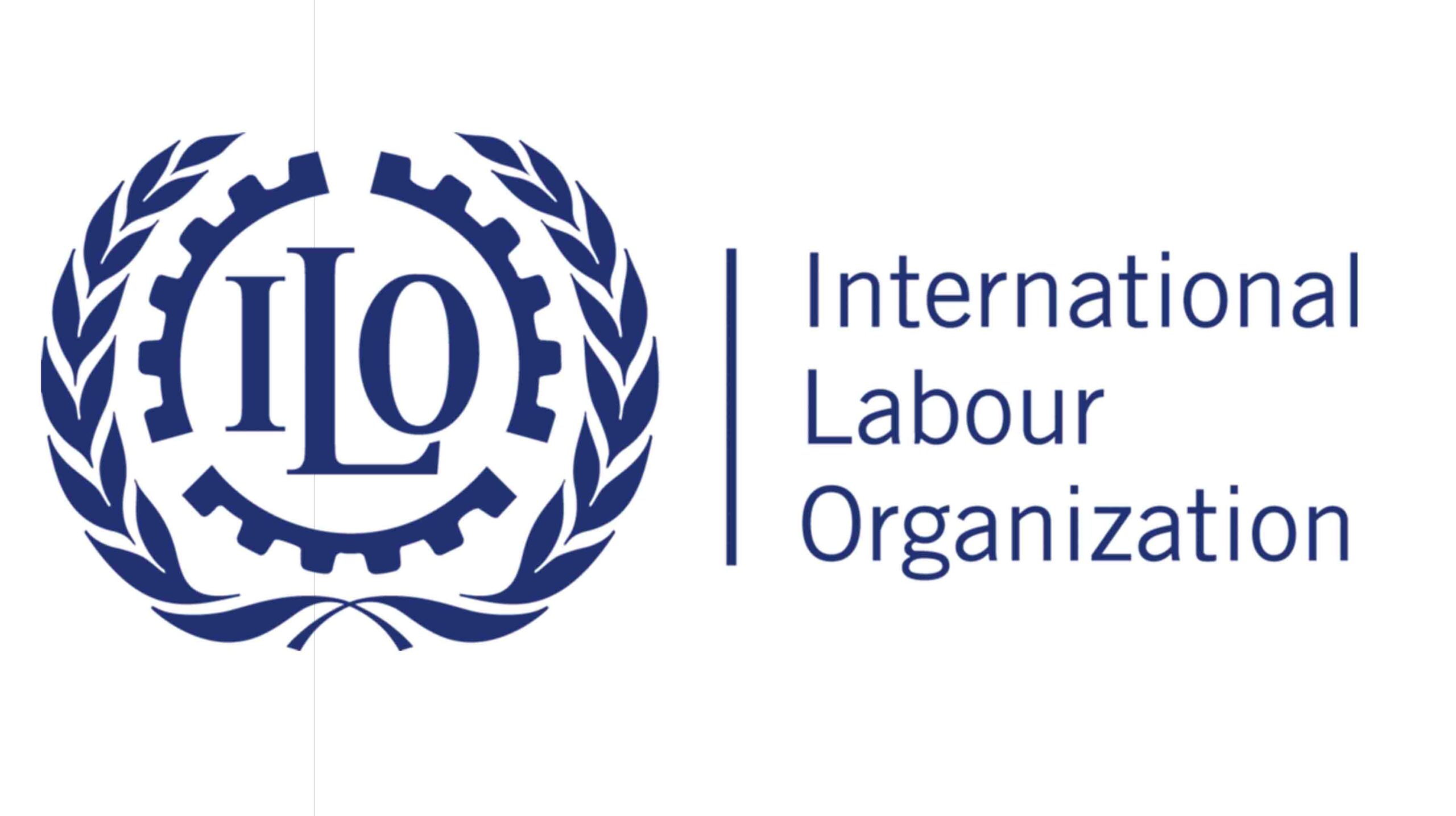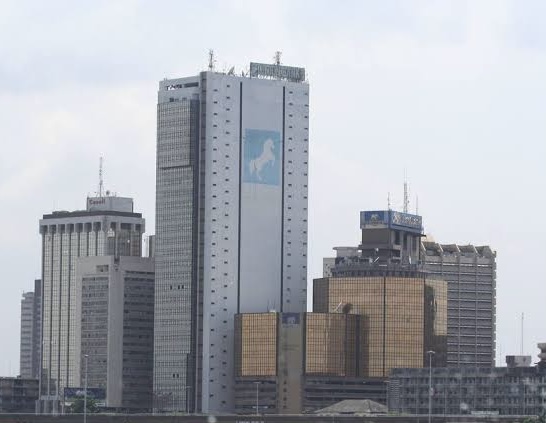
The International Labour Organisation (ILO) has commended the Federal Government of Nigeria for ensuring that workers’ voices are represented in the country’s updated Nationally Determined Contributions (NDC) 3.0 — a key framework guiding national climate action.
The commendation was delivered in Abuja on Friday by Ms. Inviolata Chinyangarara, ILO Senior Specialist, who described the inclusion as a demonstration of Nigeria’s commitment to fair and inclusive climate policies.
Speaking during a review session, Chinyangararanoted that involving workers in shaping the NDC 3.0 reflects the success of ongoing social dialogue and collaboration led by the National Council on Climate Change (NCCC).
She said: “The fact that workers’ issues are now at the centre of Nigeria’s NDC 3.0 shows that social dialogue still works.”
According to her, the Nigeria Labour Congress (NLC) played a pivotal role in ensuring labour concerns were embedded in the national climate plan.
“The NLC brought their membership, structures across the 36 states, and their perspectives on how a just transition should guide the NDC review,” she added.
Chinyangarara explained that the ILO supported the process through technical guidance and capacity-building for the NLC to strengthen its participation and promote evidence-based advocacy.
“We empowered trade unions to engage in discussions with data-backed arguments on why workers’ issues should be integrated into national climate plans,” she said.
She noted that the partnership among the government, ILO, and trade unions had fostered an inclusive process that ensures no one is left behind in Nigeria’s transition to a green economy. However, she warned that policy implementation remains a critical challenge.
“We are optimistic, but with a big caution. Nigeria, like many African countries, has good policies — but implementation remains the real hurdle,” she observed.
Chinyangarara also emphasised the need for continued collaboration among government, labour unions, and development partners to ensure that climate commitments yield tangible benefits for workers. She pointed out that the NLC’s charter of demands highlights key concerns such as occupational safety, gender equality, youth re-skilling, and social protection for workers affected by the energy transition.
She further urged Nigeria to explore domestic funding options to achieve its climate objectives. “With local resources, you can plan, you can own, and you can commit to the work areas,” she advised.
Chinyangarara assured that the ILO would continue to support Nigeria through training, technical assistance, and partnerships that keep workers’ welfare at the heart of climate action.












